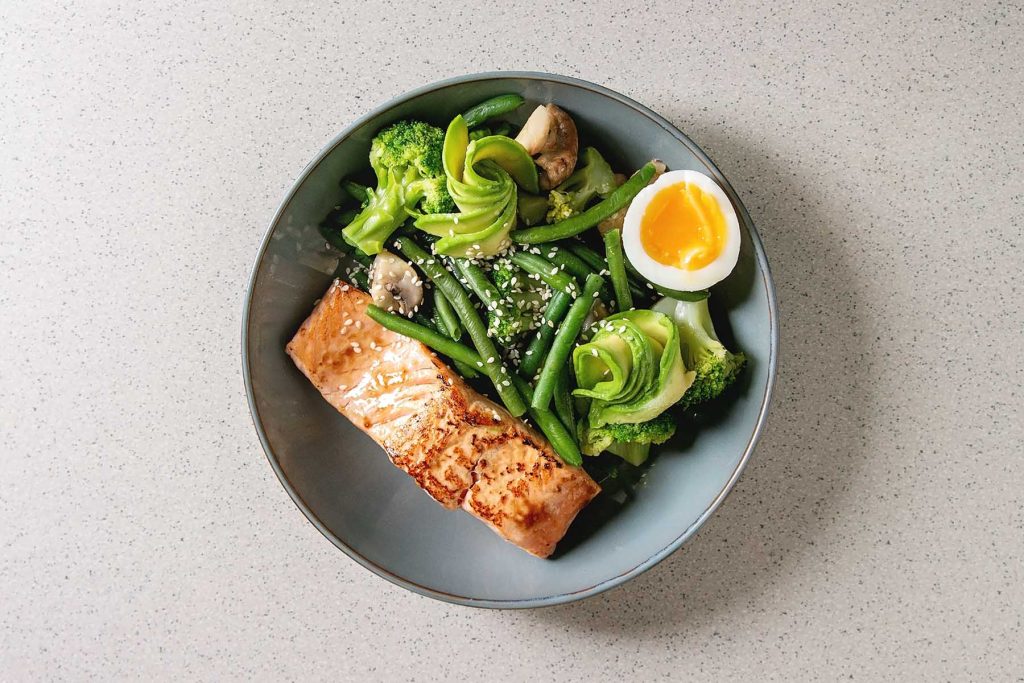Does mango makes us fat?

Mangoes themselves do not inherently make you fat. Like any fruit, mangoes are a natural source of carbohydrates, fiber, vitamins, and minerals, and they can be a healthy addition to a balanced diet.
Additionally, the way mangoes are prepared can impact their calorie content. For example, dried mangoes or mango juices may have higher calorie density due to the removal of water or added sugars, respectively. It’s always a good idea to check food labels and choose fresh or frozen mangoes without added sugars when possible.If you consume mangoes in excessive amounts and exceed your daily calorie needs, it can contribute to weight gain over time.
However, it’s important to consider portion sizes and overall calorie intake when it comes to weight management. Mangoes contain natural sugars, which contribute to their sweet taste. While these sugars are natural and healthier than added sugars, they still provide calories.
Remember, weight management is influenced by many factors, including overall calorie intake, physical activity, and overall dietary patterns. It’s important to focus on a balanced and varied diet that includes a variety of fruits, vegetables, whole grains, lean proteins, and healthy fats.
Mangoes themselves do not inherently make you fat. They are a nutritious fruit that provides essential vitamins, minerals, fiber, and antioxidants. However, like any food, excessive consumption of mangoes or any high-calorie food can contribute to weight gain.
Weight gain occurs when you consistently consume more calories than your body needs for its daily energy expenditure. Mangoes, although a healthy fruit, do contain natural sugars and calories. One medium-sized mango (approximately 150 grams) contains about 150 calories and 40 grams of carbohydrates, including sugars.
To maintain a healthy weight, it’s important to consider portion sizes and overall calorie intake. Incorporating mangoes into a balanced diet, along with other fruits, vegetables, whole grains, lean proteins, and healthy fats, can be part of a healthy eating plan.
Here are a few points to consider:
- Moderation: Enjoy mangoes in moderation, taking into account your overall calorie needs and dietary goals. It’s about portion control and balancing your intake with other nutrient-dense foods.
- Balanced diet: Focus on a well-rounded diet that includes a variety of foods from different food groups. Mangoes can be part of a healthy, balanced eating pattern that includes a wide range of nutrients.
- Active lifestyle: Regular physical activity is key to overall health and weight management. Engage in regular exercise or activities that suit your fitness level and goals.
- Individual factors: Remember that weight management is influenced by various factors, including genetics, metabolism, and overall dietary patterns. It’s not just about one specific food.
- Nutritional value: Mangoes offer health benefits, such as being rich in vitamins A and C, fiber, and antioxidants. They can be part of a nutrient-dense diet that supports overall health and well-being.
Ultimately, maintaining a healthy weight is about finding a balance and adopting a sustainable lifestyle that includes mindful eating, regular physical activity, and overall healthy habits. Consult with a healthcare professional or registered dietitian for personalized guidance based on your specific needs and goals
